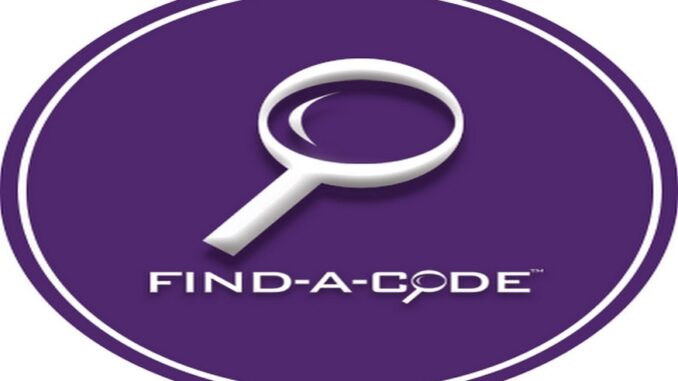
If you have ever wondered why medical coding is necessary, you might be interested to know that it is actually a vital part of the whole medical billing process. Without it, health facilities would not be able to function.
Most people are blissfully unaware of medical coding and how it works. Unless you work in the medical field, it is unlikely that you would take the time to understand coding and how it works or indeed why it is so important. Coding is necessary to ensure that the correct amount is billed to the insurance companies. Every aspect of a patient’s visit to a medical facility is coded and then billed. If the coding goes wrong, the payment part of the process is delayed or even refused completely, causing revenue issues for the healthcare provider.
How Does Coding Work?
The job of a medical coder starts after a patient has visited a medical facility. The healthcare provider will detail every aspect of the patient visit, including the symptoms, diagnosis, any lab tests that were carried out, any medication issued, and any referrals made.
The clinician will detail all aspects of the visit and will explain the specific services or procedures they have delivered.
When the visit is ready to be billed, the patient file will be passed to the medical coder who must take the information from the file and translate it into codes. These are then passed to the medical biller before an invoice is raised and sent to the insurance company.
The medical coder must be able to decipher the information in the patient file and apply the correct coding. They will also need to be aware of the specific rules and policies pertaining to the insurance company in question. As you might imagine, knowledge of medical terminology and procedures is a must.
Why is Accuracy So Important for Medical Coding?
With so many different coding structures to consider, it is vital that medical coders are accurate in their work. Any mistakes could be very costly for the medical provider as it could result in a claim being rejected by the insurance company.
Mistakes, whether deliberate or not, can also lead to fines – or even a prison sentence if the mistake is severe and repeated.
If a medical coder makes a mistake on a procedure and includes a code that is not covered by insurance, the claim may be refused. This could mean that the medical provider loses out on revenue and that the patient is left with a bill to pay in error.
Thankfully, medical coders no longer need to pour over huge journals full of codes to find what they are looking for. The good people at FindACode.com make medical coding easy with their online database. Diagnostic code lookup or searching for ICD 10 codes is quick and easy, with all the information available online.
However, this does not mean that anyone could get a job as a coder. Having the ability to find the codes quickly and easily is not the only requirement for a medical coder. They must also have an understanding of the terminology used within a patient file. This is where accuracy becomes so important. The use of specific terminology and relevant coding leaves little room for errors. The coder will find it much easier to apply the right code if they have an understanding of medical terms and procedures.
Provided the patient file has been coded accurately, the insurance payment is likely to be passed without any problems and the healthcare provider can focus on patient care.

Leave a Reply
You must be logged in to post a comment.